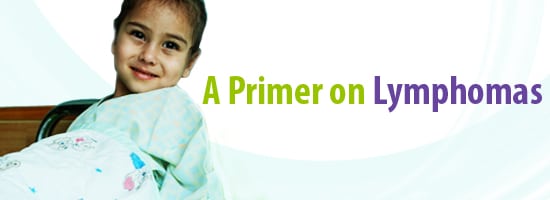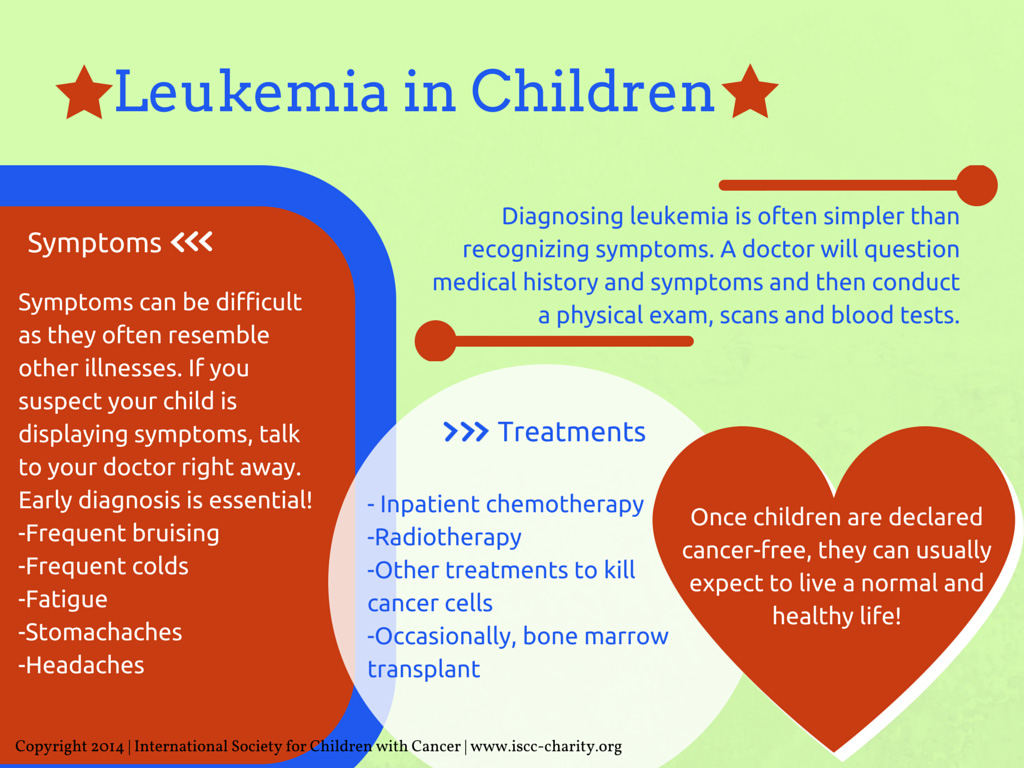Lymphomas are the third most common types of cancers that are found in children. They affect the lymphatic systems of the body – but unlike other cancers that can spread to the lymphatic system of the body, lymphomas originate in this area.
It is important to know the symptoms of this type of cancer, find appropriate testing methods, and choose the best treatment possible for your child.
Symptoms
Symptoms of lymphoma can often mimic other diseases, but can also be a warning sign that there is something wrong in the lymphatic system of a child’s body. It is important to know these symptoms and have your child examined if there is any doubt or question regarding what the symptoms could mean. Symptoms of lymphoma include:
- Fever without a known cause
- Weight loss, even if the child is still eating regularly
- Night sweats
- Unusual fatigue or lethargy in an otherwise energetic child
- Skin that itches
- Swollen lymph nodes in the neck, chest, and groin without any pain
Tests
Upon discovering any combination of these symptoms in your child, it is important that they be examined by a doctor. The doctor will be able to tell whether the symptoms are simply normal, are a result of another disease, or are possibly the result of .lymphoma. The doctor will begin by evaluating your child’s medical history and performing a physical exam. They will focus the exam on the lymph node regions and will note any abnormalities among them. After the exam, the doctor will often order tests including a complete blood count, a CT scan, a PET scan and chest x-rays. These tests will be able to show the doctor any abnormalities that are inside of the body. If there is enough reason, the doctor might also order a lymph node biopsy. This procedure takes a small part of the lymph node out of the body and tests it for cancerous cells.
Treatments
Depending on the stage of the lymphoma and the specific type that is seen in the child, there are different treatment options. These treatments will be dependent on the age of the child, the overall health of the child, the type of lymphoma that is being treated, and the stage that the lymphoma has reached. Some cases that are less severe require only small doses of medication to treat them to prevent the cancer from spreading. Other treatment options for lymphoma include high doses of steroidal treatments, bone marrow or stem cell transplants, radiation therapy, and chemotherapy. A team of doctors will work with you and your child on establishing a treatment plan.


